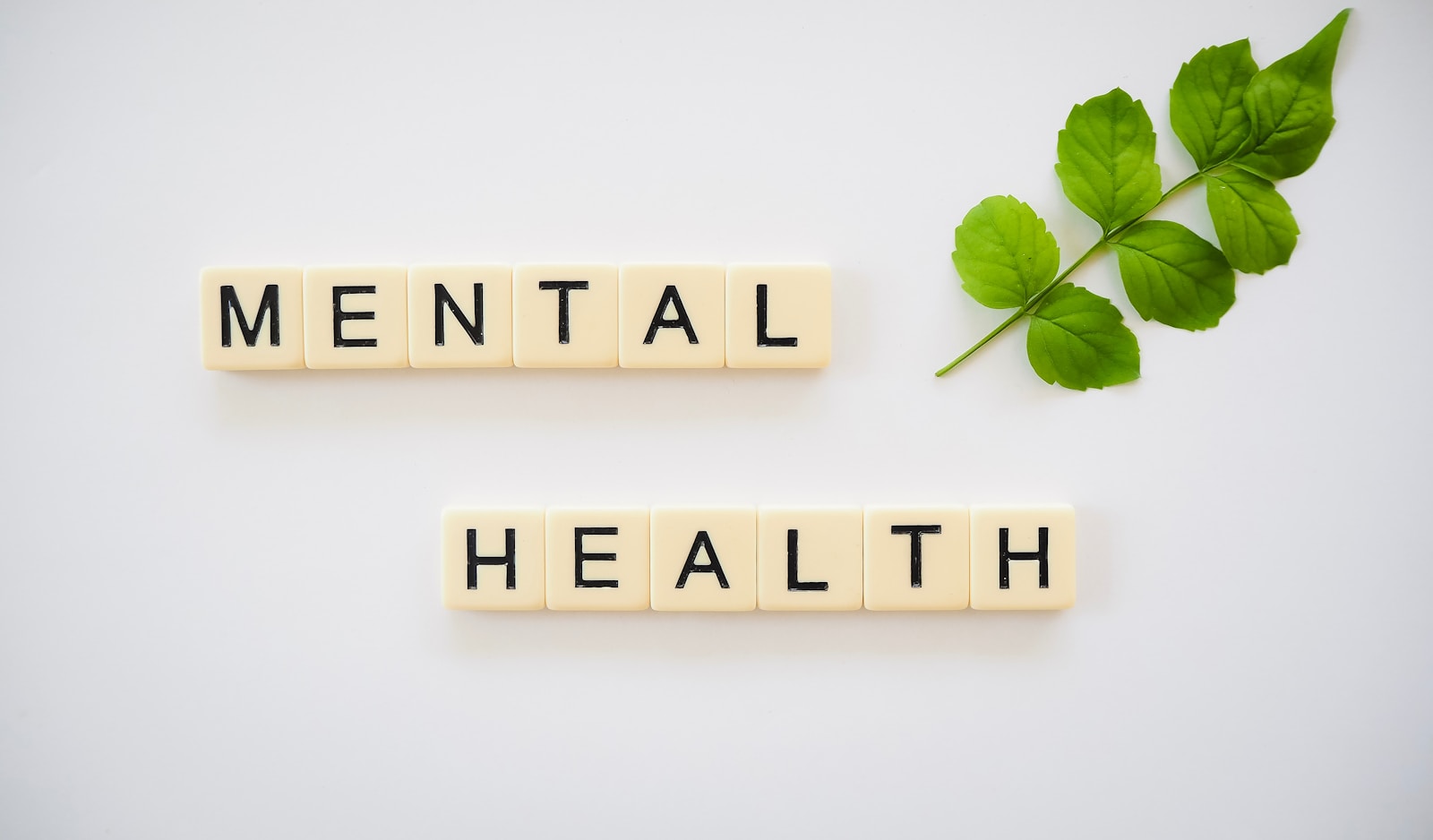Depression is a prevalent mental health disorder characterized by persistent feelings of sadness, hopelessness, and loss of interest in activities.
It can significantly impact an individual’s daily functioning, relationships, and overall quality of life. Symptoms may include changes in appetite, sleep disturbances, lack of energy, and thoughts of suicide. Seeking treatment from a mental health professional is crucial in managing depression and improving well-being.
Anxiety disorders encompass a range of conditions such as generalized anxiety disorder, panic disorder, phobias, and social anxiety disorder. Individuals with anxiety disorders may experience excessive worry, fear, and physical symptoms such as palpitations, sweating, and trembling. These disorders can interfere with daily activities and lead to avoidance behaviors. Cognitive-behavioral therapy, medication, and relaxation techniques are often used to help individuals manage anxiety symptoms effectively.
Understanding the Stigma Surrounding Mental Health
Stigma surrounding mental health remains a considerable barrier that impedes individuals from seeking help and support. This societal stigma often stems from misconceptions, fear, and lack of awareness regarding mental illnesses. Instead of being viewed as medical conditions deserving of empathy and treatment, mental health disorders are frequently stigmatized, leading to discrimination and isolation for those affected.
Understanding the origins of this stigma is crucial in combating its negative effects on individuals struggling with mental health challenges. Education plays a pivotal role in dispelling misconceptions and fostering a more accepting and supportive environment for those facing mental health issues. By promoting open discussions, raising awareness, and challenging stereotypes, we can gradually reduce the stigma associated with mental health and encourage individuals to seek the assistance they need without fear of judgment.
Impact of Mental Health on Physical Well-Being
Mental health and physical well-being are intricately connected, with one often significantly influencing the other. Individuals experiencing mental health disorders may find that their physical health is also impacted, as the body reacts to stress, anxiety, and other psychological challenges. Chronic mental health issues can manifest physically through symptoms such as fatigue, muscle tension, headaches, and gastrointestinal problems.
Moreover, the constant strain of dealing with mental health issues can weaken the immune system, making individuals more susceptible to illnesses and infections. This highlights the importance of addressing mental health in a proactive manner, not only for the well-being of the mind but also for overall physical health. By acknowledging and managing mental health challenges, individuals can positively impact their physical health and lead a more balanced and harmonious life.
Effective Coping Strategies for Mental Health Challenges
Another effective coping strategy for managing mental health challenges is practicing mindfulness and relaxation techniques. By incorporating mindfulness practices such as deep breathing exercises, meditation, and yoga into your daily routine, you can help alleviate stress and anxiety. These techniques are known to promote a sense of calm and centeredness, allowing you to better navigate difficult emotions and thoughts.
In addition to mindfulness, engaging in regular physical activity can also have a positive impact on your mental health. Exercise has been shown to release endorphins, which are chemicals in the brain that act as natural mood lifters. Whether it’s going for a brisk walk, hitting the gym, or participating in a group fitness class, finding a form of exercise that you enjoy can boost your overall well-being and contribute to better mental health management.
Seeking Professional Help: Therapists, Counselors, and Psychiatrists
Engaging the services of mental health professionals is a vital step towards managing and improving one’s mental well-being. Therapists, also known as psychotherapists or counselors, are trained to provide emotional support and guidance through various therapeutic approaches tailored to individual needs. By exploring thoughts, feelings, and behaviors in a safe and confidential setting, therapists assist individuals in gaining insight, developing coping skills, and fostering personal growth.
Counselors, on the other hand, offer support and guidance through counseling sessions aimed at addressing specific issues or challenges. They utilize techniques such as cognitive-behavioral therapy, motivational interviewing, and solution-focused therapy to help individuals navigate through difficulties and make positive changes in their lives. Working closely with counselors can empower individuals to overcome obstacles, build resilience, and enhance their overall well-being.

The Role of Medication in Mental Health Treatment
Medication plays a crucial role in the treatment of various mental health disorders by helping to alleviate symptoms and stabilize mood. Psychotropic medications, such as antidepressants, antipsychotics, and mood stabilizers, are often prescribed by healthcare professionals to address chemical imbalances in the brain that contribute to mental health conditions. These medications work by targeting specific neurotransmitters to regulate mood, emotions, and behaviors, providing individuals with relief from debilitating symptoms.
It is essential for individuals undergoing mental health treatment to work closely with their healthcare providers to find the most effective medication regimen. Psychotherapy, lifestyle modifications, and support systems are often combined with medication to create a comprehensive treatment plan tailored to the individual’s unique needs. While medication can be a valuable tool in managing mental health, it is important to be aware of potential side effects and to communicate openly with healthcare providers about any concerns or changes in symptoms.
Support Systems for Managing Mental Health
Navigating mental health challenges can be a daunting task, but having a strong support system in place can make a significant difference in managing symptoms and improving overall well-being. Support systems can include friends, family members, support groups, and mental health professionals who offer guidance, empathy, and encouragement during difficult times. These individuals can provide a safe space for individuals to express their feelings, share experiences, and receive practical advice on coping strategies.
Additionally, building a support network can help individuals feel less isolated and more understood, reducing the stigma often associated with mental health disorders. Having a reliable support system can also encourage individuals to seek professional help when needed, as loved ones can provide encouragement and assistance in finding appropriate resources and treatment options. Ultimately, fostering healthy and supportive relationships is crucial in managing mental health challenges and promoting overall well-being.
Promoting Mental Health in the Workplace
Creating a mentally healthy workplace is crucial for both employee well-being and organizational success. Employers can promote mental health by fostering a supportive and open environment where employees feel comfortable discussing and seeking help for their mental health challenges. Encouraging work-life balance, offering mental health resources and support, and providing training on mental health awareness can all contribute to a positive work environment.
In addition, establishing clear communication channels for employees to voice their concerns, implementing stress management programs, and promoting a culture of empathy and understanding can further enhance mental health in the workplace. By prioritizing mental health, organizations can increase employee satisfaction, productivity, and retention rates, leading to a more resilient and successful workforce.
The Link Between Mental Health and Lifestyle Choices
The connection between mental health and lifestyle choices is intricate and multifaceted. Engaging in healthy habits such as regular exercise, balanced nutrition, and sufficient sleep can significantly impact one’s mental well-being. Physical activity releases endorphins, known as “feel-good” neurotransmitters, which can reduce feelings of stress and anxiety. Likewise, a diet rich in nutrients like omega-3 fatty acids and antioxidants has been linked to improved mood and cognitive function.
Conversely, poor lifestyle choices can exacerbate mental health conditions. Substance abuse, inadequate sleep, and high levels of stress can all contribute to the development or worsening of mental disorders. Consuming excessive amounts of alcohol or illicit drugs, for example, can disrupt brain chemistry and increase the likelihood of experiencing mood disturbances or anxiety disorders. Similarly, chronic sleep deprivation can impair cognitive function, exacerbate symptoms of depression, and weaken the body’s ability to cope with stress.
Building Resilience for Long-Term Mental Well-Being
It is essential to prioritize building resilience to maintain long-term mental well-being. Resilience refers to the ability to bounce back from challenges, setbacks, and difficult circumstances. Developing resilience involves cultivating coping mechanisms, adopting a positive mindset, and actively seeking support when needed. Individuals who possess resilience are better equipped to navigate life’s ups and downs, ultimately safeguarding their mental health against future stressors.
Building resilience for long-term mental well-being also entails fostering self-awareness and emotional regulation. Understanding one’s triggers, emotions, and responses can empower individuals to proactively manage their mental health. By practicing self-care, setting boundaries, and engaging in activities that promote personal growth and well-being, individuals can strengthen their resilience over time and enhance their ability to cope with adversity. Prioritizing resilience-building strategies can contribute significantly to maintaining a healthy balance in mental health and overall well-being.



